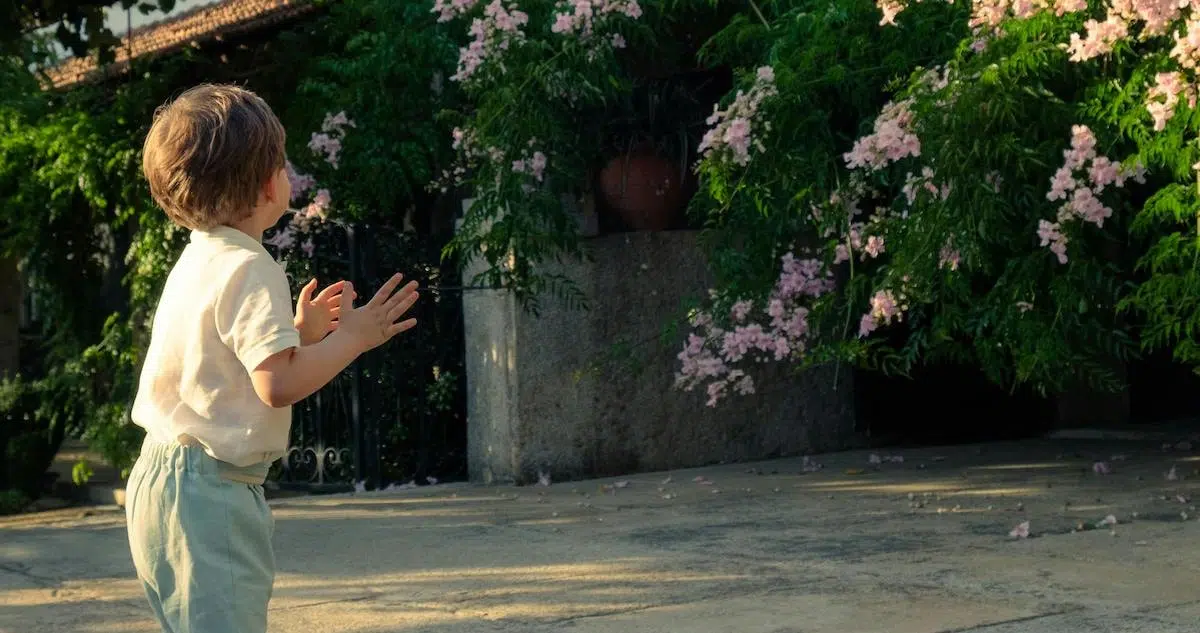Structured Vs. Unstructured play: What’s the difference?
Emmy Samtani
Emmy Samtani
Up next
In this article
Entertaining your toddler can be exhausting, coming up with new ideas or buying new toys is time-consuming and costly. A balance between structured and unstructured play can be the answer to your worries and will keep your child entertained for hours.
Structured play
Structured play is the most common form of play and the one you’re probably more familiar with as you are the one in charge.
Structured play is also the form of play your toddlers experience in pre-school, where they have to follow instructions and stick to rules which are placed upon them by adults.
Related posts
How much playtime does my toddler need?
How to choose the right childcare for your baby
Using logic and problem-solving skills, your toddlers have to follow a set of directions, for example, assembling a lego set or playing an organised sport. The benefit of this form of play is that they are building their problem-solving and logic skills through stimulated brain activity.Structured play also boosts their confidence as they are getting encouragement from you (or any adult instructing them) and allows them to build their teamwork skills.
Unstructured play
While structured play is essential and vital for your toddler, unstructured play is just as important and develops a different set of skills. Unstructured play (or free play) is allowing your child to have free reign on what they want to do with your supervision but without your direction (usually for an hour each day).
This could include playing with playdough, creating dolls out of toilet paper rolls or running around and using their imagination to create their own realities during playtime.
This form of play is critical for them to build their creativity; this often happens when your toddler is bored. However, without instructing them on what they should do, give them some time and they’ll learn to entertain themselves with your supervision (so they can’t harm themselves).
This allows your child to have agency and will develop their independence as they learn they can’t rely on you to entertain them constantly. This form of play further develops their social and emotional skills which they’ll carry into adulthood.
Like with anything, balance is important, especially with play. Without unstructured play, your toddlers can feel restricted or controlled by only doing what you instruct them to, and without structured play, your kids won’t develop those critical logic skills and they will often get more bored.
Sign up
Get tailored content based on your week of pregnancy
By signing up, you agree to receiving our Newsletters. Cancel anytime.



Related posts
The key to calming an over-excited toddler
The toys vs the living room
Reading and storytime benefits of for toddlers
Related Articles
Trending
Emmy Samtani
Follow +Emmy is the founder of Kiindred and mother to 3 little ones. Over the last 4 years, she has worked with some of the most credible experts in the parenting space and is a keen contributor on all things parenthood.









